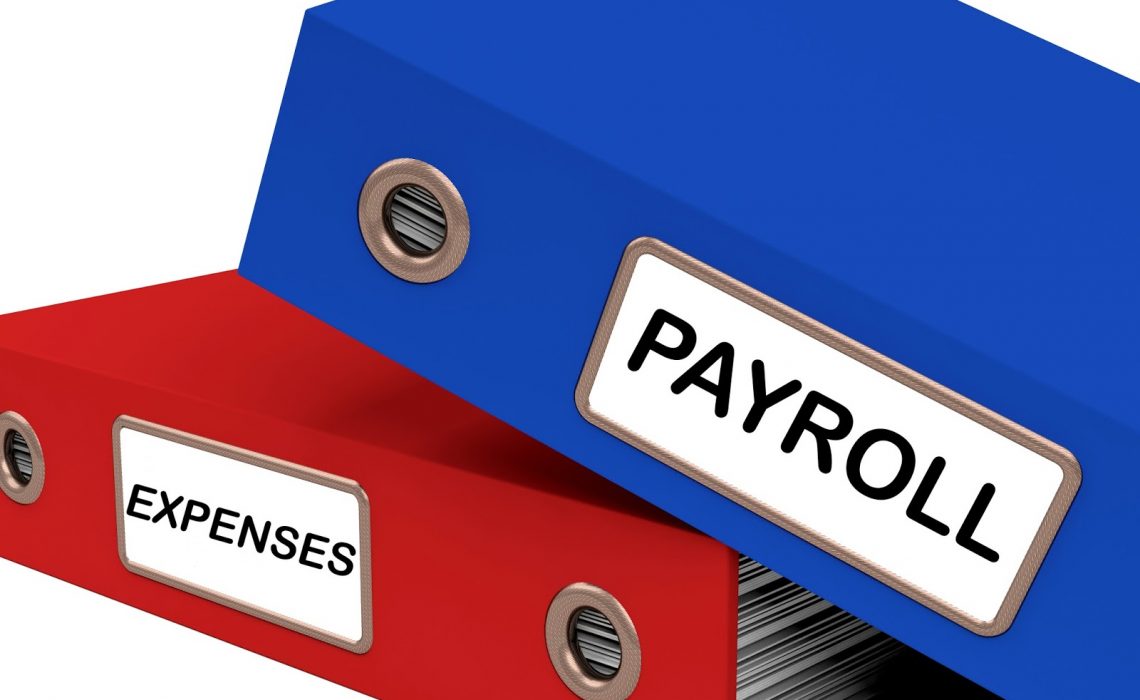
Payroll fraud is a concern, increasing at an alarming rate. A survey by Association of Certified Fraud Examiners unveiled, 11% of office frauds are related payroll. This has costed the business approximately $72,000 per payroll case. It has also been observed that smaller organizations remain a victim of payroll fraud due to lack of anti fraud controls and negligence of law enforcement.

What is it?
Payroll fraud is basically, a fraud committed by employees who wish to attain funds that they are not entitled to. They are not smart or humans born with unique intelligence. They are just clever enough to understand the weaknesses of a business and know how to mould it so that they profit themselves.
How is it Done?
- A payroll fraud can be committed by an employee through various ways. For instance, an employee who works on salary can add up to his salary by showing fabricated expenses incurred by him. Or he can add new person to the wage list and collect all the amount due on his part.
- If a person is on hourly basis, he commits fraud by showing that he works more than the real time. He does this by punching incorrect times. He can also claim to work on shifts in which he was absent.
- Commissioned workers are a step ahead, as they show false calls and sales. They make an illusion of working and getting sales which does not exist.

How to Prevent It?
To avoid a payroll fraud one can keep these things in mind-
1) Examine Background
When hiring any new person, make sure you do a complete background check. This will help you know how trustworthy he is. You can call or mail his last recruiters. A person who is going to handle bank accounts need to be very perfect and extremely transparent. Verify his or her education, address proofs. A harsh screening will make him also think twice before thinking of committing any crime.
2) Limited Access
Another helpful practise can be to give limited access to your employees. Every single employee should have his own login and password and there must be guidelines laid out for sharing. Most importantly the information should be accessible to only those who need it.
3) Division of Work
List out all the work that is supposed to be done under the payroll section. Divide all the work in three or four sections as per your convenience. Next appoint employees for every duty with a complete timeline. Once the work from one employee is finished, hand it over to next employee. But make sure the employees are not known to the fact which employee comes under which work. This will keep communication and discussion at bay. And keep it simple for you.
4) Review Reports
Review your payroll checks every time especially if you are a small firm. This will keep the transparency intact and keep you alert of the coming problems.

5) Automated Clearing House (ACH) Filter
Setting up this filter is very useful. Once you are an active, you will send a list companies that can debit your account. If a company is not mentioned, then the money will not get approved. This will give access of your bank accounts only to a few organizations.
Payroll fraud is often considered a victimless crime. Therefore make sure you hire a reliable staff while choosing candidates.














